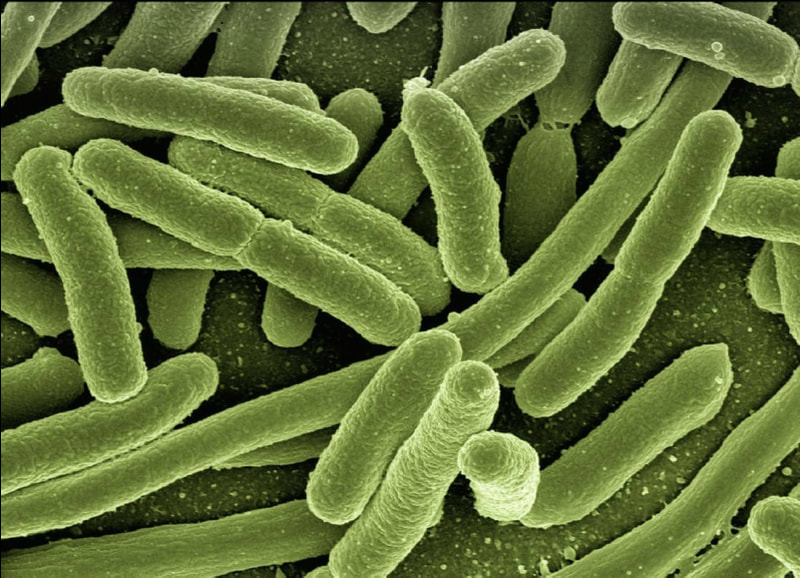Proper Nutrition for Women During Pregnancy
No matter what, it is extremely important to eat a balanced diet. The vitamins and minerals provided by nutritious foods are necessary for the body to function correctly. Without proper nutrition, the body is prone to disease, infection, and fatigue. For pregnant women, getting the proper nutrients is even more important, considering the food consumed by a pregnant women is the main source of nutrients for the baby. Babies whose mothers do not properly consume the proper vitamins and nutrients during pregnancy are at risk of birth defects. A recent article published by the World Health Organization broke down the different risks of improper nutrition during two stages of childbirth: during pregnancy and while breastfeeding.
Nutrition can affect the child growth in the womb before it is even born. During this time, it is critical to provide a nourished environment for the fetus to grow properly. However, over 50% of all pregnant women are thought to have an iron deficiency. Low levels of iron is typically associated with poor maternal health and babies with low birth weight. It is important for women to tackle an iron deficiency before they are even pregnant to protect their baby. There are also serious risks regarding micronutrient deficiencies. Micronutrients, such as iron, are essential for the production of enzymes, proteins, hormones, and other products created by the body. Deficiencies in micronutrients among pregnant women has been shown to be linked to birth complications such as deformations, mental retardation, and, even, death.
Nutrition can affect the child growth in the womb before it is even born. During this time, it is critical to provide a nourished environment for the fetus to grow properly. However, over 50% of all pregnant women are thought to have an iron deficiency. Low levels of iron is typically associated with poor maternal health and babies with low birth weight. It is important for women to tackle an iron deficiency before they are even pregnant to protect their baby. There are also serious risks regarding micronutrient deficiencies. Micronutrients, such as iron, are essential for the production of enzymes, proteins, hormones, and other products created by the body. Deficiencies in micronutrients among pregnant women has been shown to be linked to birth complications such as deformations, mental retardation, and, even, death.
Image Source: sansoja
Breastmilk is full of cells, hormones, and antibodies that protect babies from illness. Research has shown that breastfed babies have lower risks of asthma, obesity, infection, diarrhea, and more. A woman’s quality of breastmilk can be influenced by her nutritional status. Many vitamins such as vitamin A, vitamin D, and thiamine found in breastmilk reflect the concentrations of those vitamins in the mother. Iodine, a mineral found in food such as fish and dairy, is an important component of breast milk because it prevents nervous system impairments such as memory loss or seizures. Additionally, over consumption of alcohol can decrease breastmilk production, preventing a baby from reaping the benefits of breastmilk.
It is safe to say that a balanced diet is crucial to protect the health of both baby and mother. However, despite the progress made thus far, society still fails to meet the nutritional needs of pregnant women. This issue of malnutrition of pregnant women is prevalent in all communities, especially third world countries. In order to improve the health of women and, concurrently, their babies, it is important to consider strategies for universal access to nutritional foods.
It is safe to say that a balanced diet is crucial to protect the health of both baby and mother. However, despite the progress made thus far, society still fails to meet the nutritional needs of pregnant women. This issue of malnutrition of pregnant women is prevalent in all communities, especially third world countries. In order to improve the health of women and, concurrently, their babies, it is important to consider strategies for universal access to nutritional foods.
Featured Image Source: Fotorech
RELATED ARTICLES
|
Vertical Divider
|
Vertical Divider
|
Vertical Divider
|






